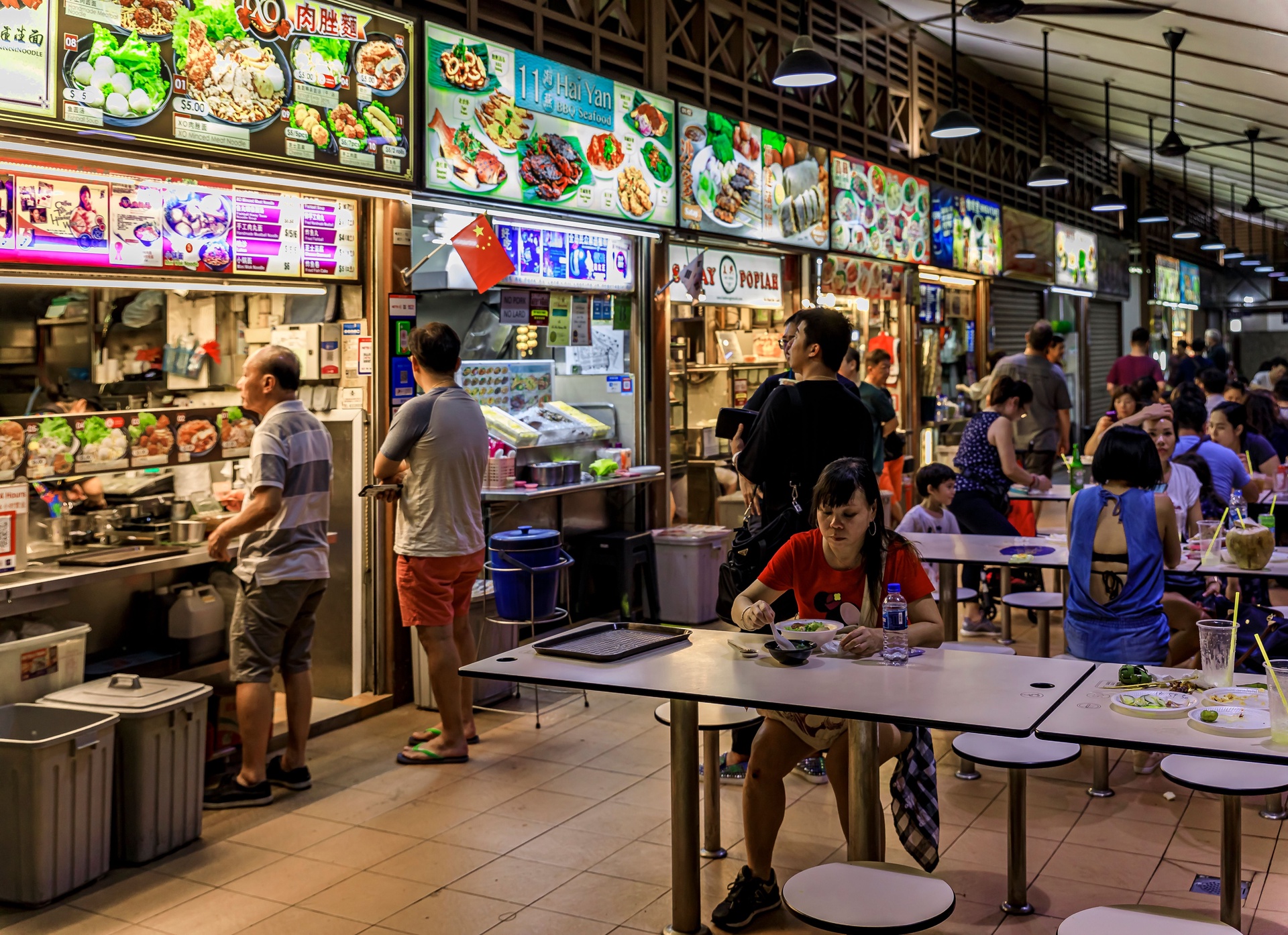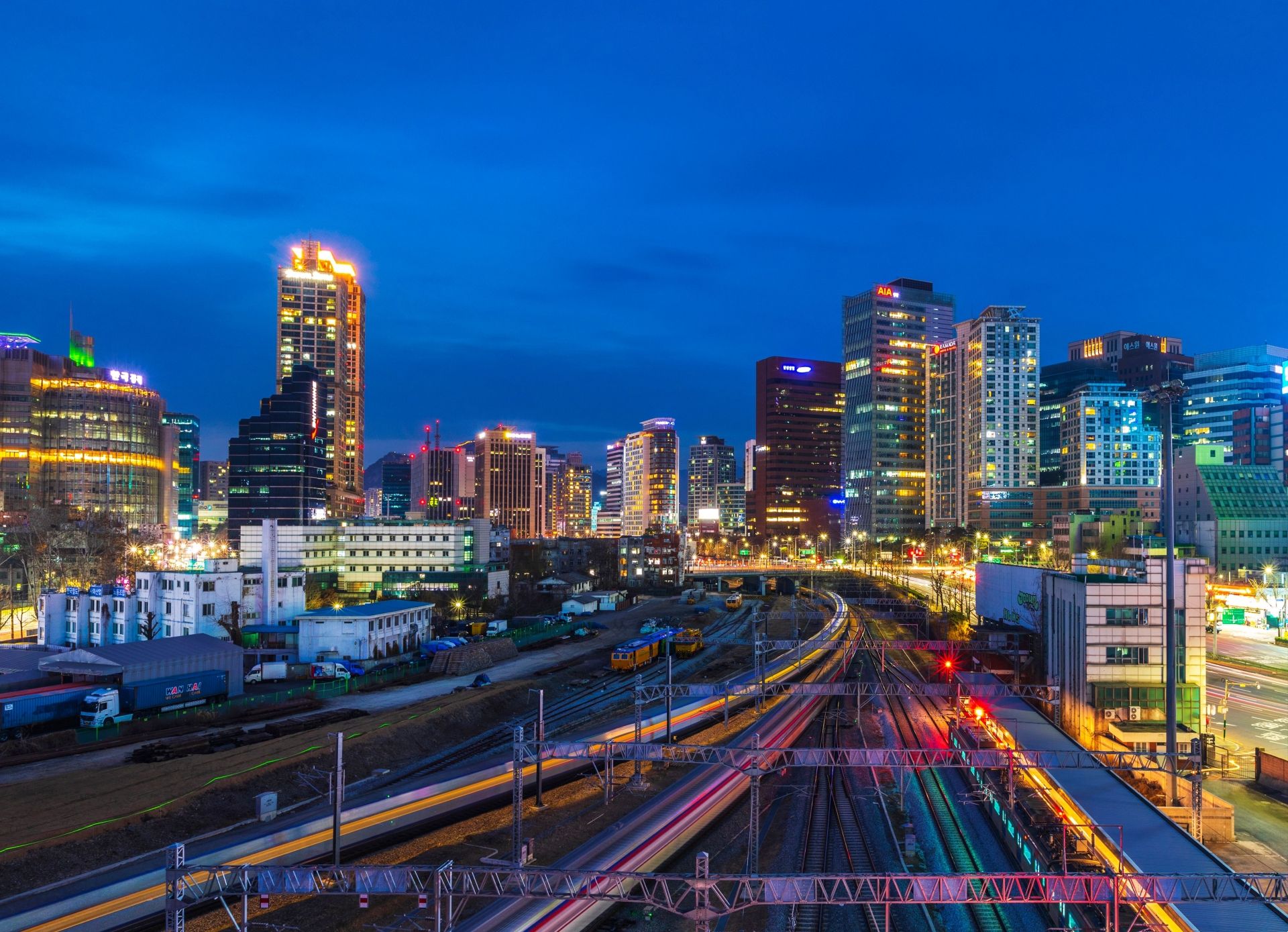Hong Kong equities are expected to rebound in 2020 following a dismal 2019 on the back of cheap valuations and the government’s efforts to stimulate the economy.
At present, Hong Kong valuations are the cheapest among major markets with price-to-earnings (P/E) ratio of between 10x to 15x. This is much lower than current P/E levels for the US equity markets which range from 17x to 20x.
“We understand the Hong Kong equity market has been suffering quite a bit in 2019 due to social unrest but going forward we expect a recovery in 2020 if you look at all the recent stimulus measures put out by the Hong Kong government,” says Catherine Cheung, APAC investment strategist for Citi Private Bank.
On January 14, the Hong Kong government announced HK$10 billion (US$1.3 billion) in relief measures, the latest in a series, bringing the total stimulus package to HK$35 billion (US$4.5 billion) in a bid to neutralize the negative economic impact of eight months of continuous unrest triggered by the administration’s mishandling of a proposed extradition law.
“HK$35 billion is equal to 1.2% of (Hong Kong) GDP. Perhaps we will see negative economic growth in 2019 but in 2020 it’s likely we’ll have a slightly positive growth but it will still be below one percent. So our forecast is 0.7% in 2020 for Hong Kong’s GDP and for 2021 it will rebound back to 1.8%,” Cheung says.
The estimated P/E valuation of the Hong Kong market for 2019 is 14x. In 2020, earnings growth of about 6% is expected but the forward P/E is still likely to drop to 14x.
In addition, the renminbi is expected to stabilize in 2020 on the back of the initial tariff agreement in the wake of the US-China trade war.
“We will be able to see a range between 6.7 and 7 renminbi to US$1 depending on how the trade deals come out. For example, if there is no rollback on the tariff, perhaps it will be closer to 7 renminbi to US$1 or around that level. But if there is a rollback in the tariff during the election year, there will be a boost for the renminbi. Perhaps we’ll see a range of 6.7-6.85 renminbi to US$1. That is the previous range,” Cheung says.
Global growth is also expected to be more than 3% in 2020, from less than 3% in 2019, with US growth rising to 2.5% in 2020 from 2% in 2019.
“International trade friction is the largest risk to our view. We expect a rebound in both industrial activity and international trade. Consumer demand is strong and has remained resilient. Manufacturers expected a downturn and were wrong,” says Ken Peng, head of APAC investment strategy for Citi Private Bank.
Global and US earnings-per-share are expected to rise by seven percent or more in 2020 and global economic expansion is expected to continue on the back of central bank policies.









